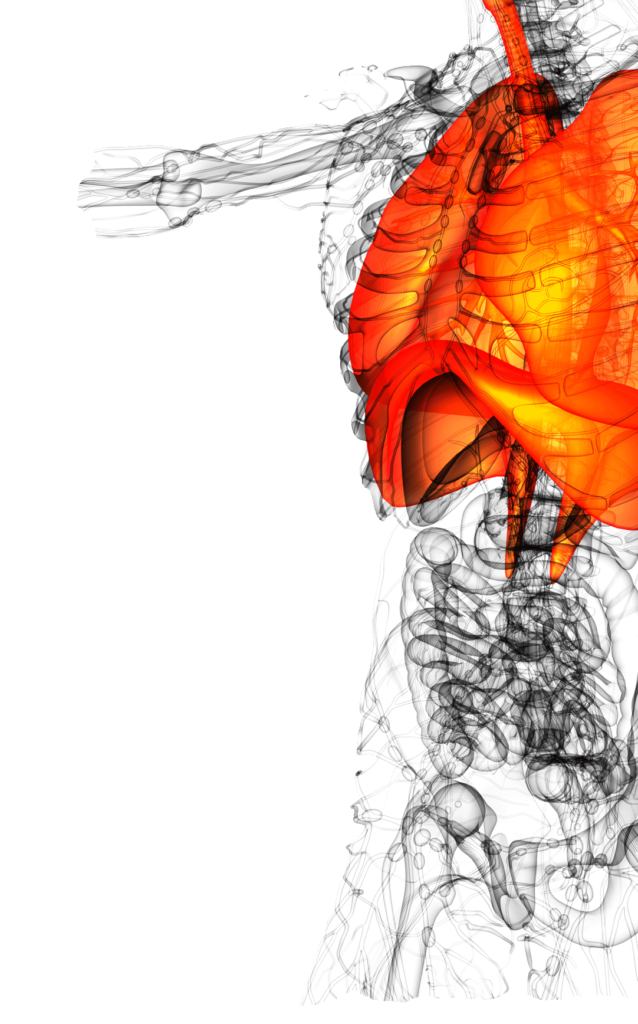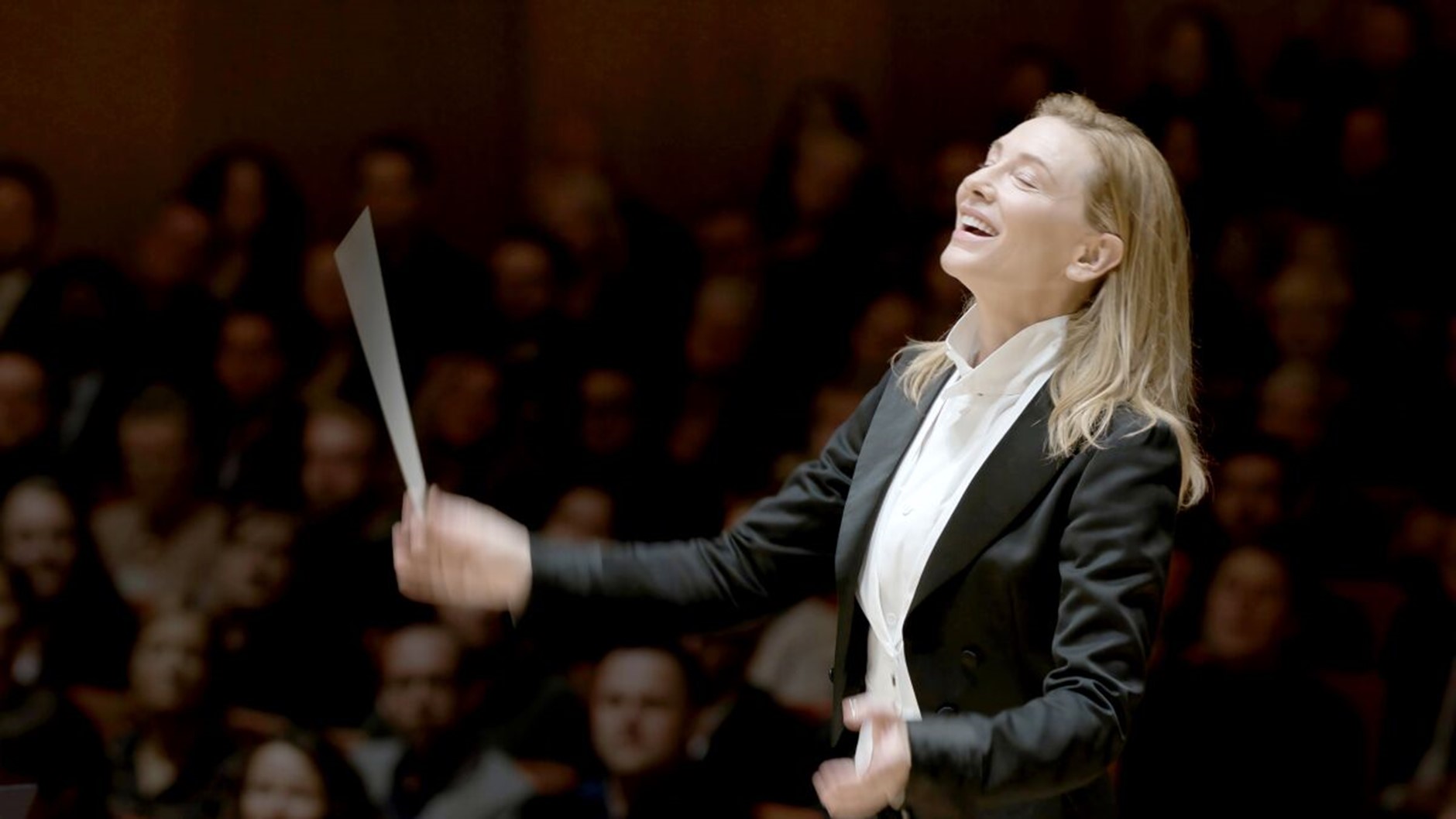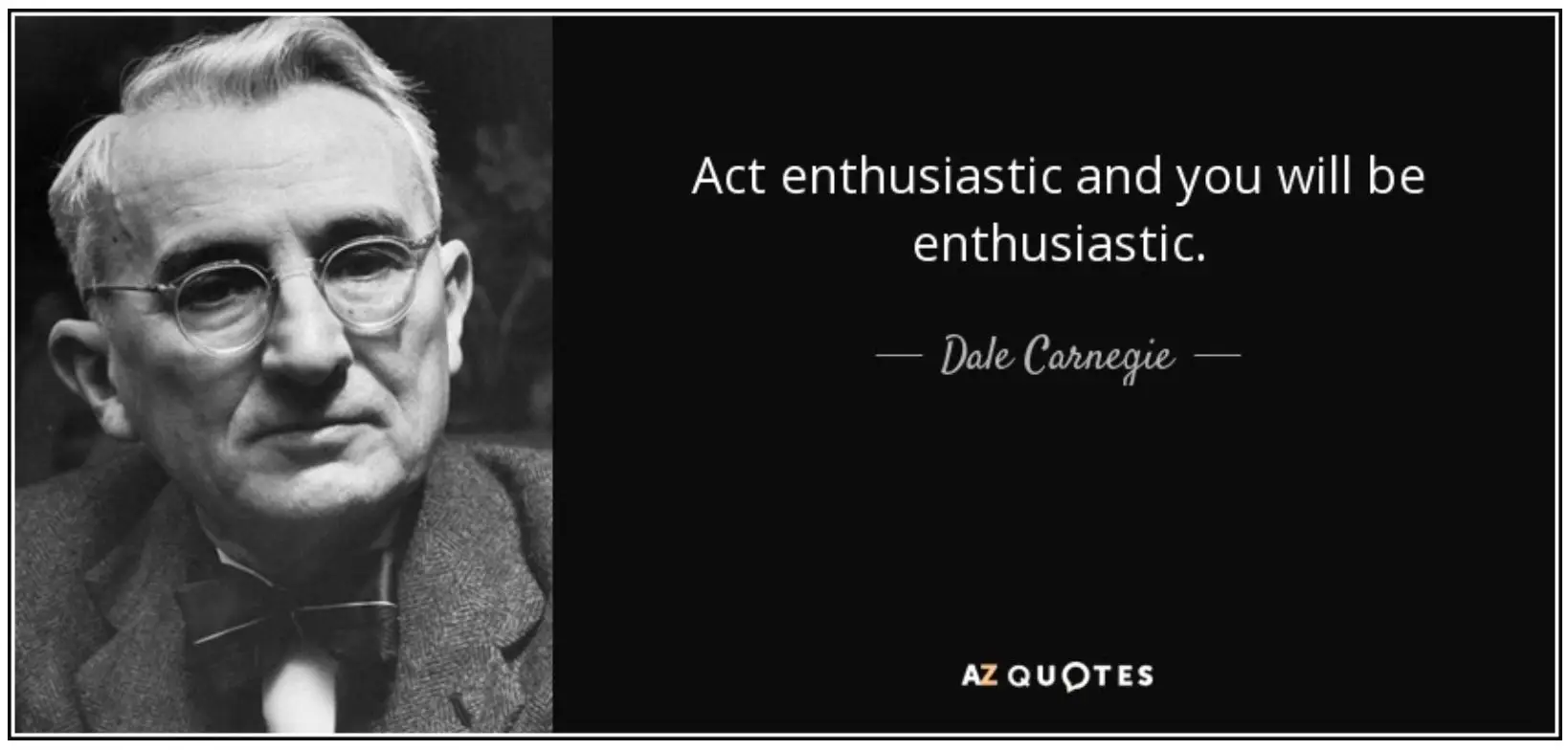I so wish I wrote beautifully. I don’t. Speaking is my thing, not writing, but fortunately today the computer is cheaper than Papyrus and quicker than engraving stone, so I have this opportunity to share. Bear with me.
Fortunately, writing, speaking and music have a connection. While music inspires my thinking around speaking, music inspires Nicholas Spice from the London Review of Books (Theirs and No one Elses Vol 45 No.6 16th March 2023) around writing and accordingly he inspires me and we find common ground.
That common ground comes in two areas: form and delivery.
Turning to music, did you see the movie Tár? Spice writes of Beethoven, that he ‘blasted open a path to the future where Wagner himself stood’, shattering the existing paradigms of symphonic form with his Ninth Symphony.
Symphonic form I hear you ask? Yes, many learn that writing has form, but untrained musicians perhaps are not aware that music has form and further, we ignore that speaking unquestionably has form. Just like the notion that musical form is sometimes seen as ‘a dark art, as remote as higher mathematics or theoretical physics’, speaking form is often left unaddressed, considered a ‘natural talent’ and even a mystery of the sphynx. It is not.
Music composers know about form. They follow it, recreate it or evolve it and this system helps them pour forth prolific volumes of work. Lassus wrote 530 motets, Telemann 35 operas, Bach nearly three hundred cantatas, Haydn 104 symphonies’ and Schubert, more than six hundred songs and nine symphonies before the age of 31.
So why, when it comes to speaking do people inform me regularly that they like to ‘improvise’ in the moment. Improvise on what form, I ask? Do you then find yourself saying “I don’t have time”. This is often an issue of missing ‘form’, not ‘time’.
Schools of rhetoric, addressing form, while not common in Australia, exist in many universities internationally. Getting form is not difficult. You can read about it and in your systematised Aristotlian way, devise systems that suit your genre. I have form I follow and can share any day if you ask.
Now, back to music, Schumann insisted that all the conductor needed to do was realise the form, ‘start the music and then stop it again’ (there’s always one), but For Wagner, ‘a musical performance was the creation of human energy: animate its grammar and release its coiled-up force. To perform music ‘correctly’, he says,
A conductor must understand and nurture ‘melos’
He takes it beyond form, a step further with the art is delivery, beautifully depicted in the movie Tár and captured in Spice’s writing. This is the conversation we need to have.
Let’s borrow a term from music to depict this. Wagner’s use of the Greek ‘melos’ as a coinage caught the imagination of generations of musicians. Wagner believed that there was in all great music a song-like character, perhaps akin to what Lorca would later call ‘deep song’, and that this expressed itself in a continuous line, the work’s ‘melos’.
To perform music well you had to give the ‘melos’ space to sing.
Writing is an art, music is an art and speaking is an art, even when that speaking is a simple business idea presentation. You are voicing, you are communicating, and you are a musician in the act of connecting with others. Let’s take this term ‘melos’ adopted by Wagner and give your corporate speaking ‘melos’, a space to sing, a ‘deep song’, that expresses itself in a continuous line.
I challenge you to understand form and then take it a step further and find your ’melos’.
Let me help. Please join me at the Gravitas Masterclass in either Melbourne or Canberra.





